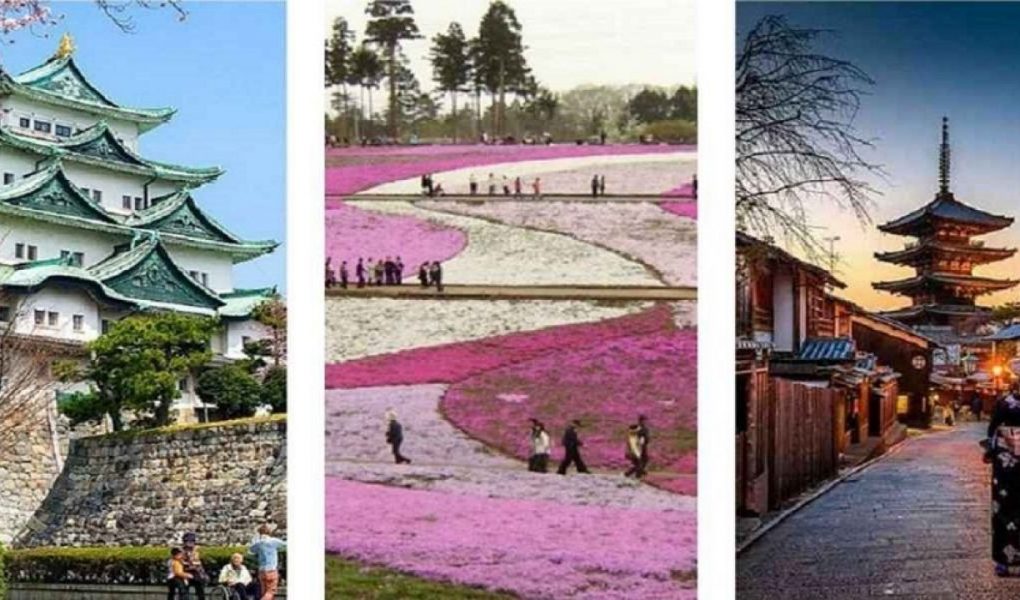A. Japan Travel Tips: 13 Things To Know Before You Go
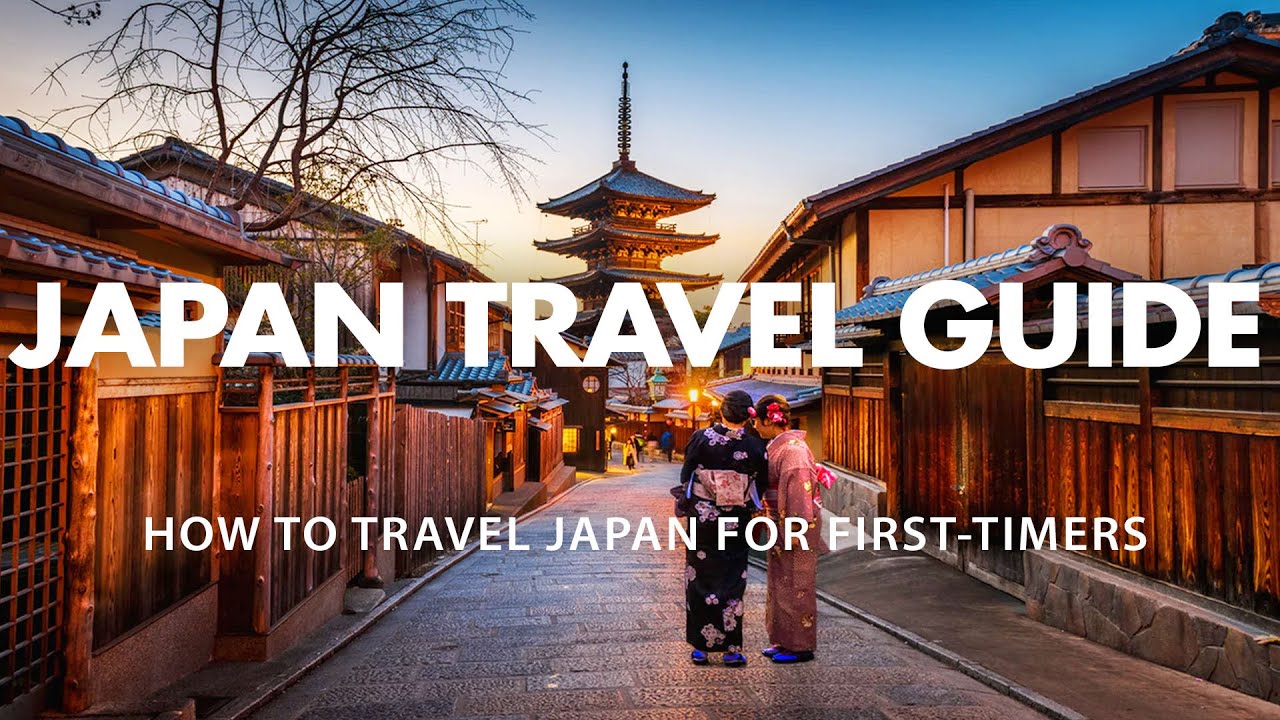
With its glittering royal palaces, ancient temples and holy shrines, as well as sandy beaches, some of the best ski areas in the world and beautiful national parks, Japan is a country to come back to again and again. It’s also a very traditional place with a strict label; If it’s your first time visiting, follow our tips to avoid getting caught.
1. Make sure you are wearing the correct shoes
Always take off your “outdoor” shoes before entering a temple or someone’s house where you can find “indoor” shoes to wear. However, you have to take them off to walk on tatami mats (usually found in temples and traditional houses). And if you go to the bathroom in a temple, restaurant, or at home, switch to bathing shoes.
2. Visit during the cherry blossom season
You will be surprised to learn that the glorious cherry blossoms that adorn postcards and tourist brochures from all over Japan actually only bloom in the countryside during the sakura (cherry blossom) season. It lasts roughly from late March to early May and can be the most expensive time to visit, but it is also the time when Japan is most charming and vibrant.
3. No tip required
In fact, it can be considered rude and if you tip you may be followed by a waiter who thinks you left your change by mistake. An alternative, for example if you are participating in a guided tour or a cooking class, is to bring a small thank you from your country.
4. Be polite
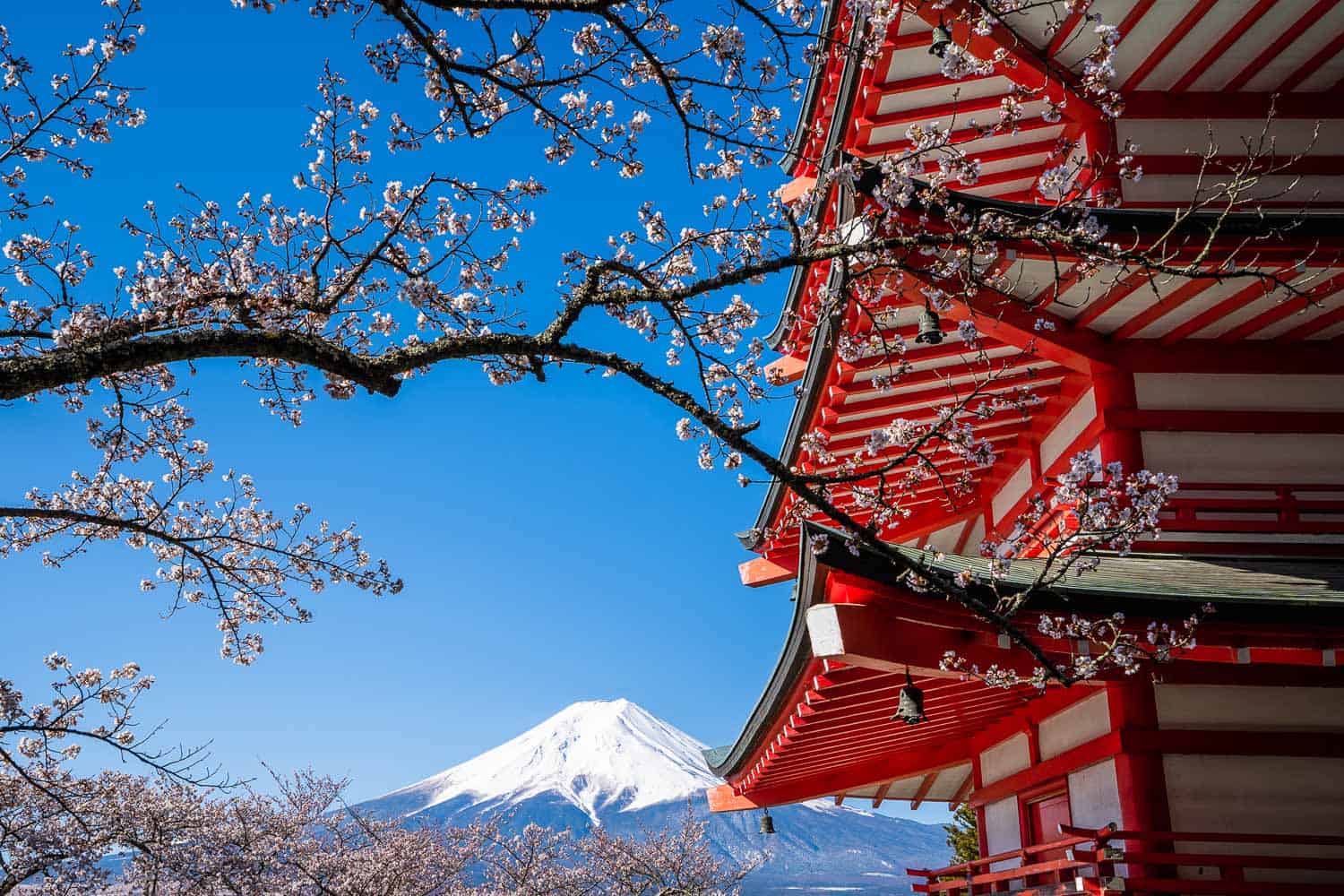
Foreigners in Japan have a reputation for being loud, especially on public transport, so be respectful; It’s rude to answer the phone and when you’re listening to music, turn the volume down. In Japan, blowing your nose in public is more impolite than sniffing and avoiding eating in transit.
5. Assemble the Shinkansen
Japanese high-speed trains are an experience in themselves. They glide smoothly across the land and are the best way to get around, incredibly fast and always on time.
Before you travel, organize a JR Pass that can be used on all Japanese railways. Note that most people with prepaid cards will walk through the ticket gates, but you will have to wait at the ticket gates for someone to check your pass at the train station.
6. Buy a Suica or Pasmo card
These prepaid cards are similar to the London Oyster Card and can be used on most subways and buses and can be topped up at train stations. There is a small deposit required, most of which you will get back when you hand in your card at the end of the trip.
7. Get used to face masks
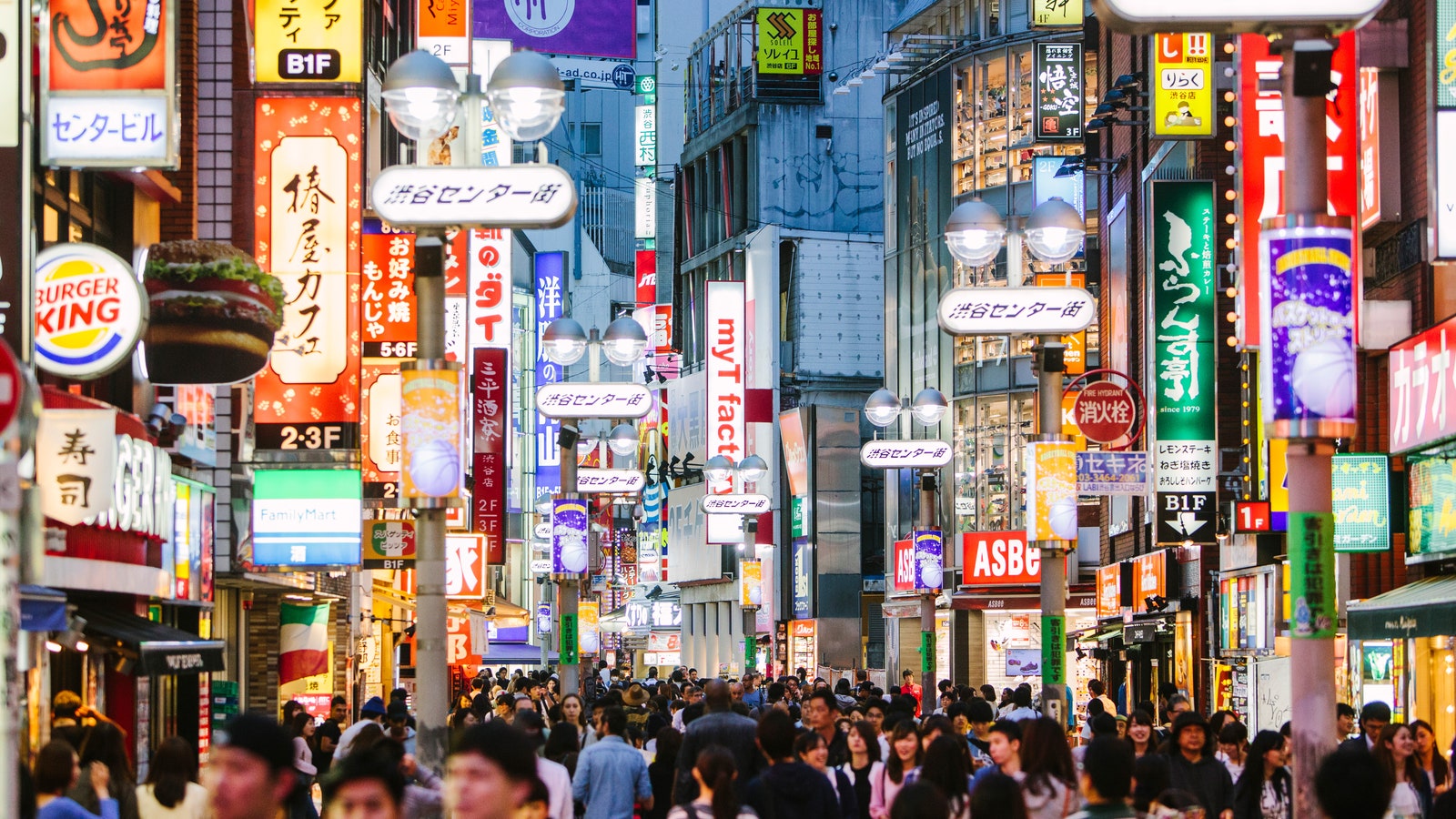
The Japanese often wear paper masks, and while this may seem strange to you, it makes perfect sense. It’s to keep you and her healthy. During the cherry blossom season, they are also used to prevent allergies.
8. Check your medication
If you need to take medication while traveling, you may also need to bring your prescription, a letter from your doctor, or even an import certificate (Yakkan Shoumei). To avoid getting caught without your medication, visit uk.emb-japan.go.jp.
9. If you are visiting Tokyo, fly to Haneda Airport
Getting to central Tokyo and your accommodation from Haneda Airport is likely to be easier and cheaper than getting from Narita Airport.
10. Write down the addresses or print out the Kanji. the end
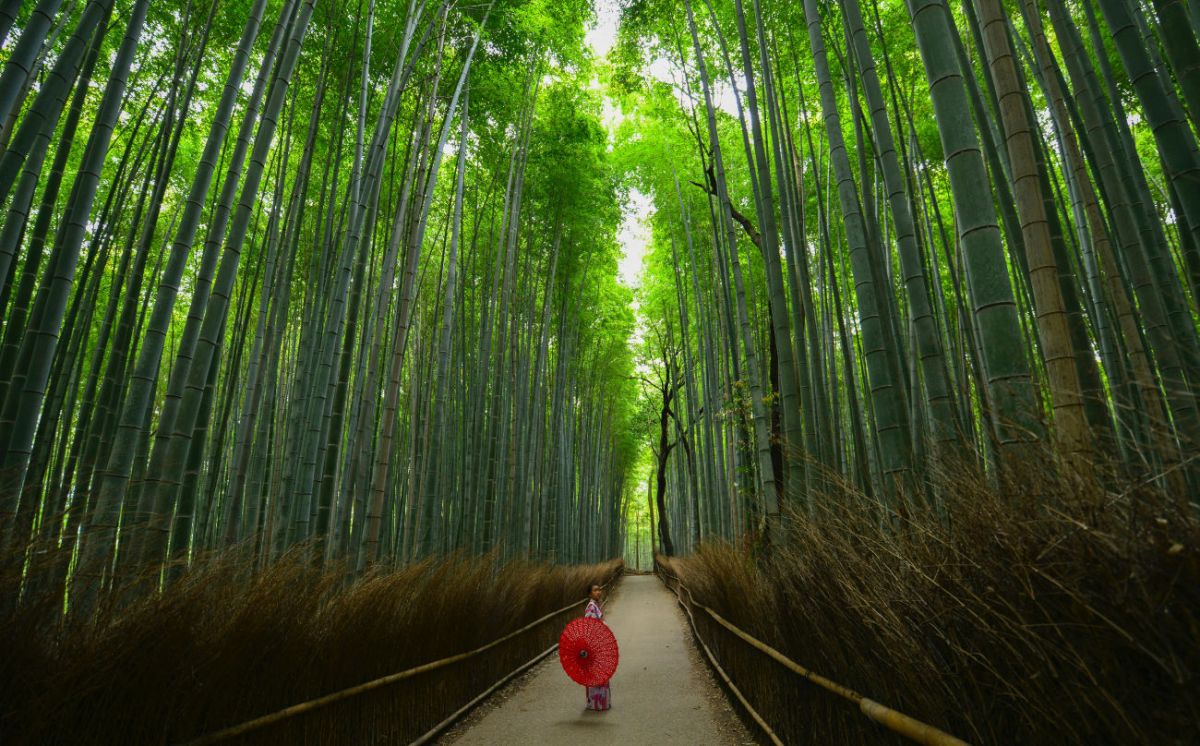
Make sure you have all the addresses you need to find in Japanese. This will make it a lot easier for people to point you in the right direction or for a taxi driver to understand where you are going (although taxis can be expensive).
11. Bring money
It can be quite difficult to find ATMs in Japan, so it is a good idea to change money before you leave or withdraw relatively large amounts at once. If you need to withdraw more, go to a post office or a 7-Eleven or Citibank ATM.
12. Use Konbinis
Konbinis, or convenience stores, often have lots of items that visitors need, including delicious steamed breads. Familymart, 7-Eleven, and Lawson are big names, and you will find them everywhere.
13. Get ready to return
From gadgets and gadgets to things you didn’t even know you needed (someone with a chopstick fan for your noodles?) In the world – Japan is going to arrest them.
B. Things You Should Know Before Traveling To Japan
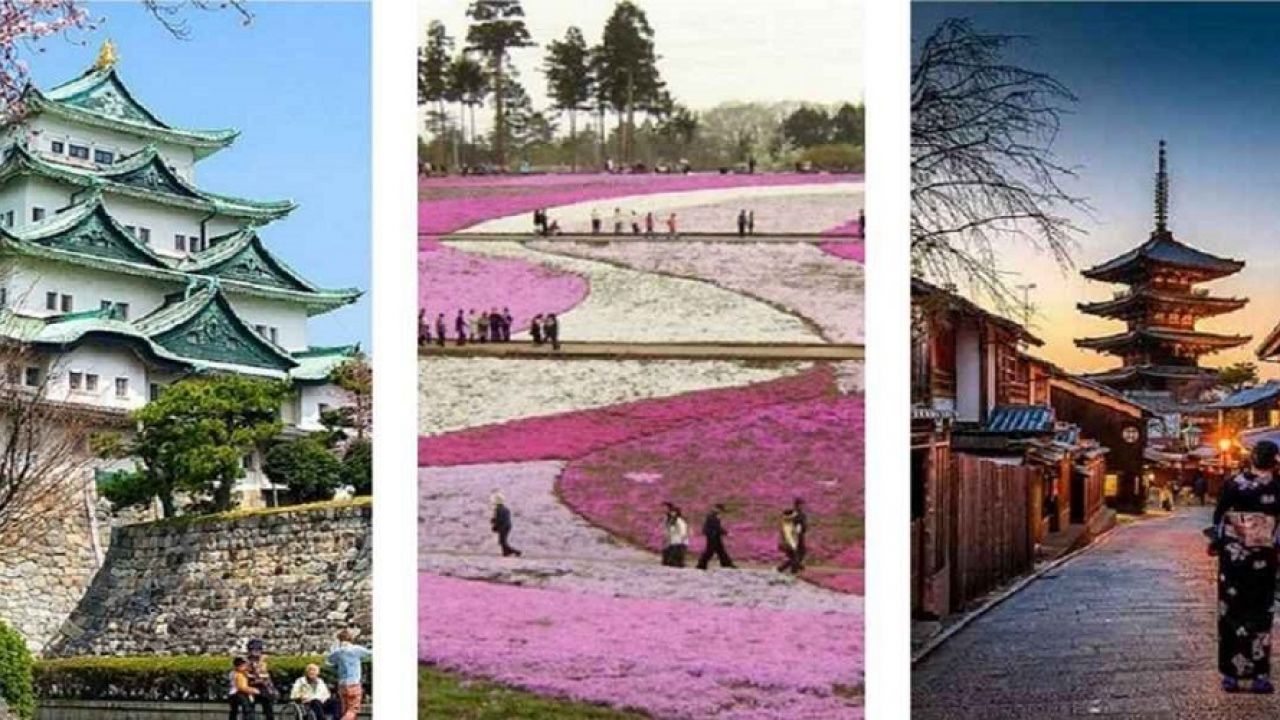
Simply put, Japan is a fascinating travel destination. Here you will find a perfect mix of old traditions and new technologies. You will also discover beautiful natural landscapes just a short train ride from sparkling and sprawling cities and noisy and noisy shops, very close to quiet areas with different rules. It’s the kind of place where people patiently wait for water after a natural disaster, but are considered social ghosts if you accidentally offend them. With such a diverse culture and language, it’s hard to list all the things one should know before traveling to Japan – we could spend hours describing the country’s spectacular cuisine, listing the best places to eat ramen, all share the hidden treasures and explain the different ways to accidentally offend someone. For now, though, let’s stick with the basics: all the things we think you need to know to make your trip to Nippon fun and full of good surprises. Oh, and we hope we can help you save some money along the way, too.
1. Security in Japan is high.
One of the best things about Japan is that it is safe. Time and again, Japan shines in the top ten lists of the safest countries in the world and is also a great place for women traveling alone. That doesn’t mean you can ignore caution. As with any travel destination, like a foreigner, you need to be vigilant, stay away from shady areas, not flaunt your money or provoke anyone.
2. Rules for cash payments in Japan.
Cash is king in Japan. Workers are generally paid in cash, and most businesses and services, including restaurants and shops, only accept cash. Your hotel and some large department stores usually accept credit, but always check first. However, make sure you always have enough yen in your wallet to avoid awkward conversations that can easily be lost in translation. Tip: If you run out of cash, go to a 7-Eleven to use the ATM. Your bank card is not only guaranteed to work at all times, it is also open around the clock.
3. Buying a train pass in Japan is very worthwhile

A Japan Rail Pass can help you save a lot of money, especially if you plan to travel in a specific region or across the country. You can buy an unlimited pass that is valid for a specific region or country. This gives you access to the bullet trains (Shinkansen) and JR trains, buses and ferries, usually for the same price as two single train tickets. Remember, passes are valid for a specific number of days within a seven, 14 or 21 day period and cannot be used on Nozomi trains. JR Passes must also be purchased prior to your arrival in Japan, but you will still need to validate them with your passport and voucher at a JR office. If you visit Japan before March 2018, you can buy a pass in Japan, but be careful, it costs between 10 and 20 percent more and is only sold during certain times of the year.
4. The subway in Japan is not 24 hours long.
It may seem shocking that a country with so many amenities doesn’t have a 24-hour train system, but it’s true – even in bright, well-oiled Tokyo. When planning your evening, you should rely on the last train. Depending on where you are, you will need to go through the gates between 11:30 PM and 1:00 AM. Missing the train can be a costly (albeit risky) mistake so you will have to rely on an expensive taxi. (Make sure you have your hotel or destination address clearly printed or written down before you leave.) Another option? Go to one of the nightly karaoke houses and sing until the wee hours of the morning. It is often cheaper than a taxi.
5. In Japan, you are likely to see a lot of drunken business people on trains.
It’s not what most becomes part of their culture, but it happens – often. Although most Japanese societies are temperate, you will likely find Japanese business people drunk. Part of the inveterate Japanese work culture is that entrepreneurs drink and drink a lot after work. However, don’t be surprised if you’re on the train around 7pm and smell of alcohol and visibly intoxicated by men in suits. We even saw some passed out (put a shoe on, take off a shirt, and a briefcase a few feet away on the train station floor).
6. Learn some Japanese expressions and how to recognize keywords.
We always recommend learning some basic phrases in the local language when you travel, but this is especially important in Japan, where etiquette is very important. Make sure you know how to say “Thank you,” “Please,” and “Sorry,” even if you have to write them down phonetically. You may also want to write some translations for your own reference, including the words for toilet, ramen, karaoke, hang out (trust us), and certain toiletries.
7. Tattoos are taboo in Japan.

While your tattoos can be an artistic expression, in Japan they are associated with criminals – mainly members of the yakuza gang. This is especially important if you are interested in visiting a traditional Japanese onsen. They will likely ask you if you have any tattoos before you can enter. And don’t think about lying – most onsens require bathers to be safe.
8. Most Japanese love Americans and American culture.
Given part of our dark history with Japan, it may come as a surprise that native Japanese fall in love with Americans and American culture. Not only are you looking forward to meeting people from the United States, but you’ll find several American-inspired bars and many Japanese versions of American products, especially food. A word to the wise, they usually don’t understand the right recipe, so it’s not uncommon to find sandwiches with cheese, strawberries, and whipped cream, or pizza with mayonnaise and sweet brown sauce, or shellfish in the skin.
9. Wearing shoes in certain places is highly offensive.
Taking off your shoes when entering someone’s house is a great sign of disrespect. As in many other parts of Asia, removing your shoes when entering a house is an absolute must. This is the norm in many restaurants too, so make sure to check whether or not to take off your shoes. Oh, and you’ll also need to take off your shoes before entering most of the locker rooms.
10. You don’t have to tip in Japan.
Speaking of restaurant etiquette, there is no need to tip in Japan because if you do, there is a good chance your server is chasing you to give you the money you accidentally left behind. Waiters are paid a minimum wage in Japan, so don’t feel guilty. This rule also applies to hotel staff and other service personnel you meet while traveling.
11. Don’t expect hibachi restaurants in Japan.
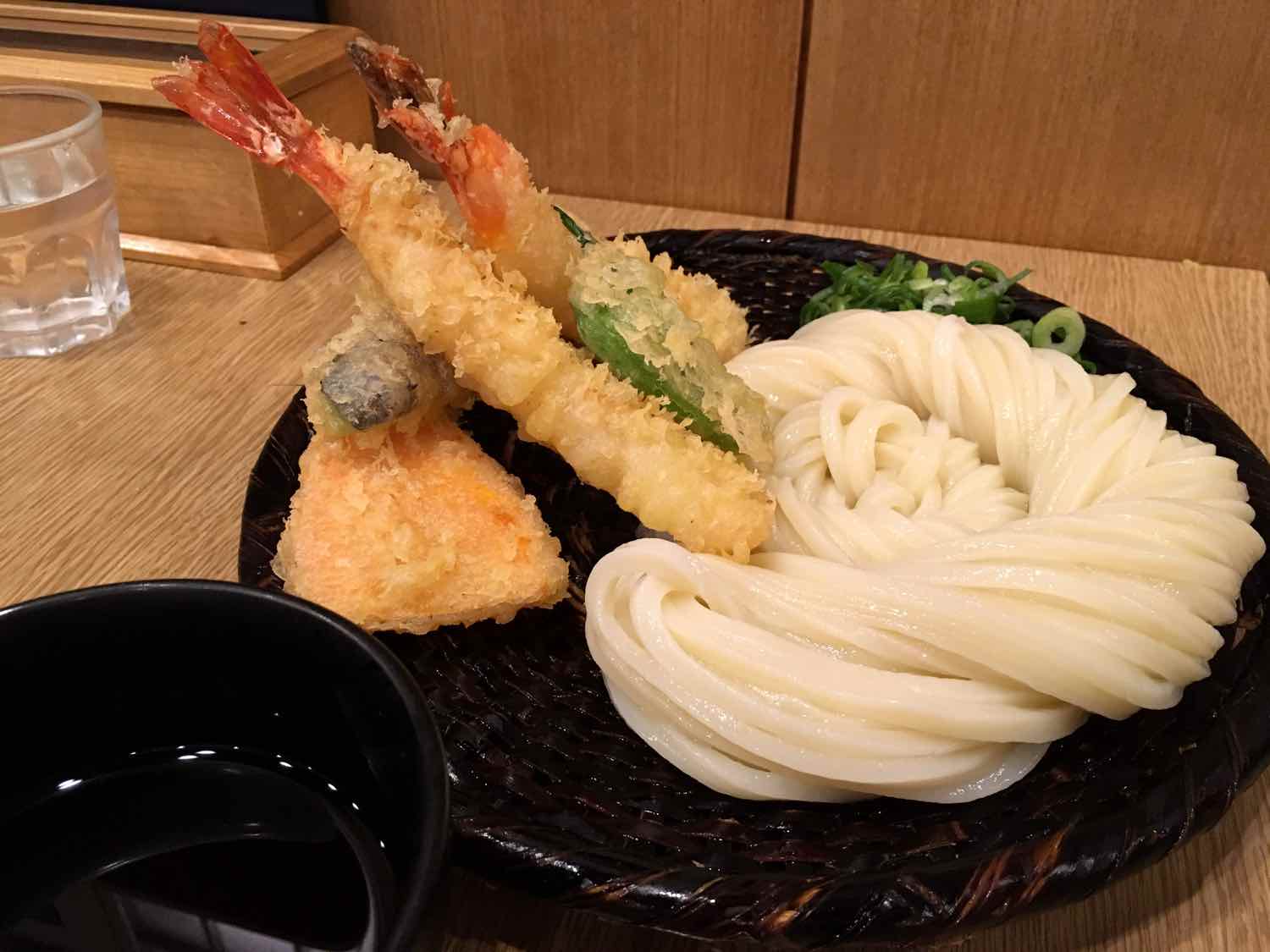
We have bad news for fussy Japanese restaurant lovers cooking in front of your eyes, juggling knives and setting piles of onions on fire. Hibachi restaurants are a western invention. The closest you will find here is a teppanyakir restaurant but there is no chef to cut and chop for you. In Japan, you cook your own food at the table, which is half the fun for us.
12. You won’t always find an English translation.
Speaking of eating out, be prepared to find menus and signs with no English translation. If you are in places with a lot of tourists, especially Tokyo, this is not a problem. However, if you venture outside of the main attractions, it is common to see only Japanese. This is where your Japanese word list will come in handy, especially in restaurants. Although many places are trying to fix this with photos, it is still hard to tell what miso katsu is. If you don’t have a list and there are no photos, you can always choose a place with plastic versions of the menu items displayed in the window and at least point to what you want.
13. Most Japanese speak better English than they admit.
Usually, you can politely ask for help by finding someone who speaks English. And even if your new best friend says he doesn’t speak a lot of English, it’s probably better than he says. Tip: speak slowly.
14. Don’t report your waiter in Japan – there’s a bell for that.
When in Japan there is no need to be impatient to sign to your waiter. Many restaurant tables have a small black box with a black button so that diners can call the waiter without drawing attention to themselves or making annoying noises. Better still, some places don’t even have servers. Instead, guests order on a screen in their booth and the food arrives in a small slot.
15. Sushi in the department store is very good.
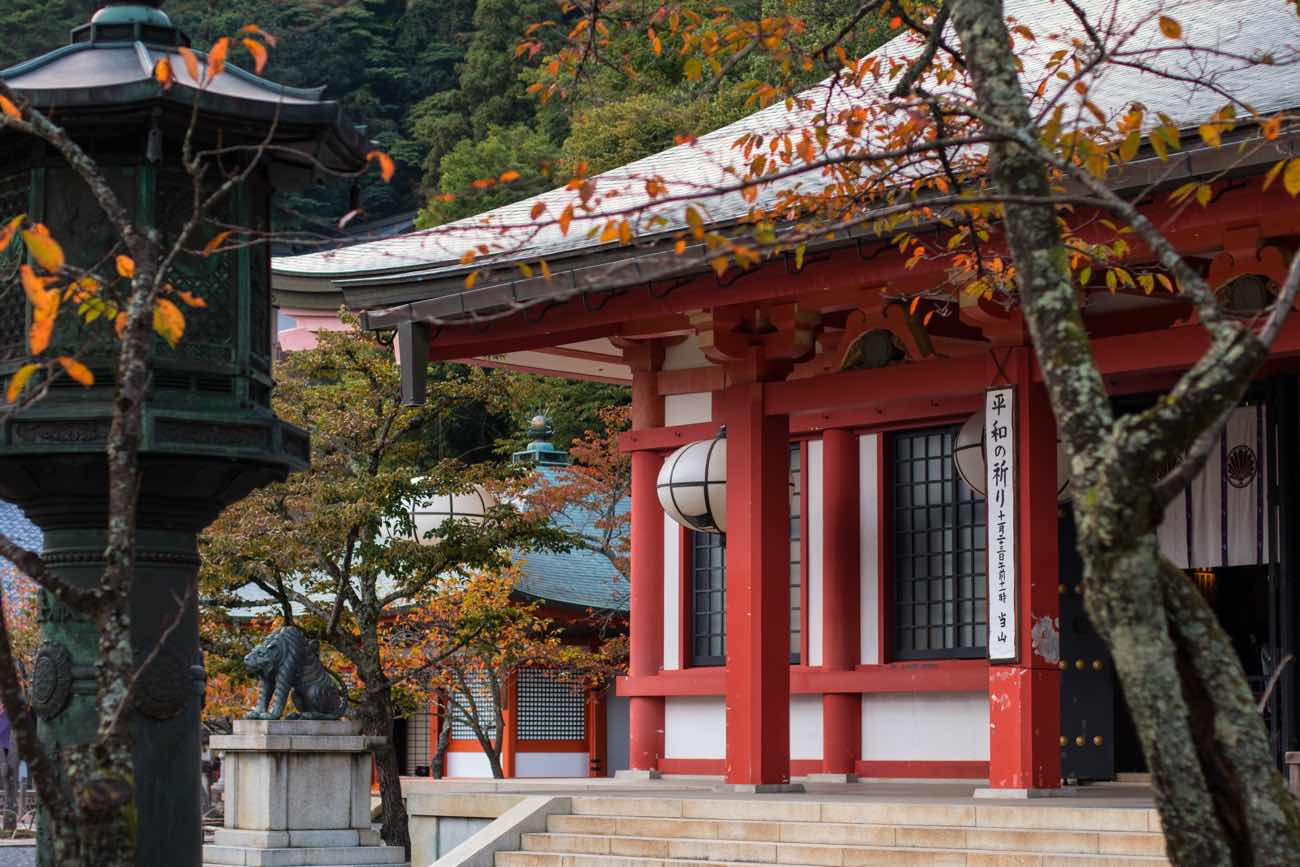
There is no doubt that sushi is expensive in Japan. Fortunately, if your budget doesn’t allow for a chirashi extravaganza every day, you can still make do with a depachika, a cafeteria in the basement of a department store. You will find a wide variety of food here, including high quality sushi, all prepared and ready to be taken away by tourists.
16. Underground shopping malls in Japan are huge.
Japan’s cities are littered – no, stacked – with buildings. It’s easy to get stuck looking up, but you’d be missing out on all of the underground action. Like South Korea, Japan used its underground spaces to build huge shopping malls with shops and restaurants.
17. Avoid animal cafes in Japan.
We all know the adorable videos of the cat, owl and other animal cafes all over Japan. However, these places are little more than zoos for animals that would otherwise go unnoticed. If you have to go, try researching your place first and make sure it is pet friendly.
18. Enter Nomihodai in Japan.
What if we said that there is a way in Japan to save big on drinks? Enter Nomihodai – the special Japanese all-you-can-drink menu that you should try at least once during your stay in the country. The price of a beer or two in New York gives you a chance to drink for an hour or two. This offering is often found in izakayas, and they may even offer a special food rotation. There are a few rules, however. You have to finish your first drink before ordering the next, and sometimes there is an entrance fee as well. When the time runs out, you will have to give up all the drinks that you have not yet had.
19. Speak in public in Japan.
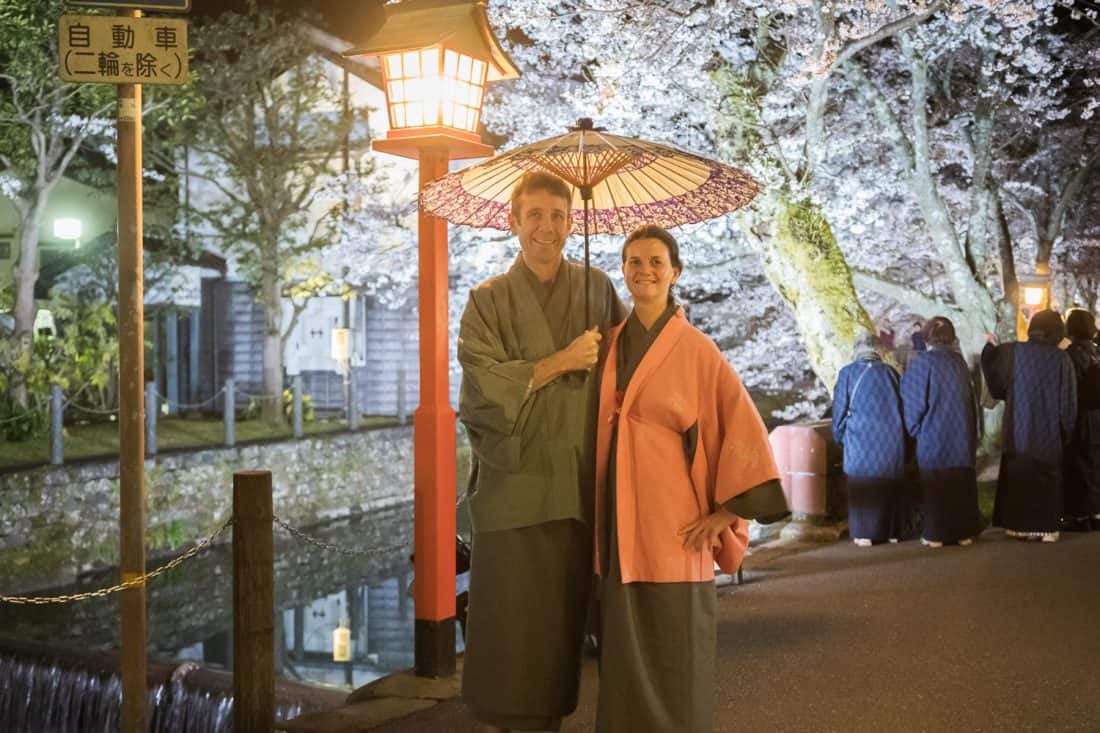
Observing the volume of your voice – and the content of your conversation – is extremely important in Japan. Everyone in Japan is aware that they share the room with others, so keep conversations to a minimum and speaking volume in public is always appreciated.
20. A small gift in Japan can say a lot.
While you can’t tip in Japan, you can still say a small thank you when you want to thank someone for their help or service. It can be a piece of jewelry, like a key chain or a souvenir from your hometown. No matter what it is, be sure to say thank you to yourself when you hand it over and bow. Don’t make too much of it, however, or they may be embarrassed that they can’t offer you anything in return.
